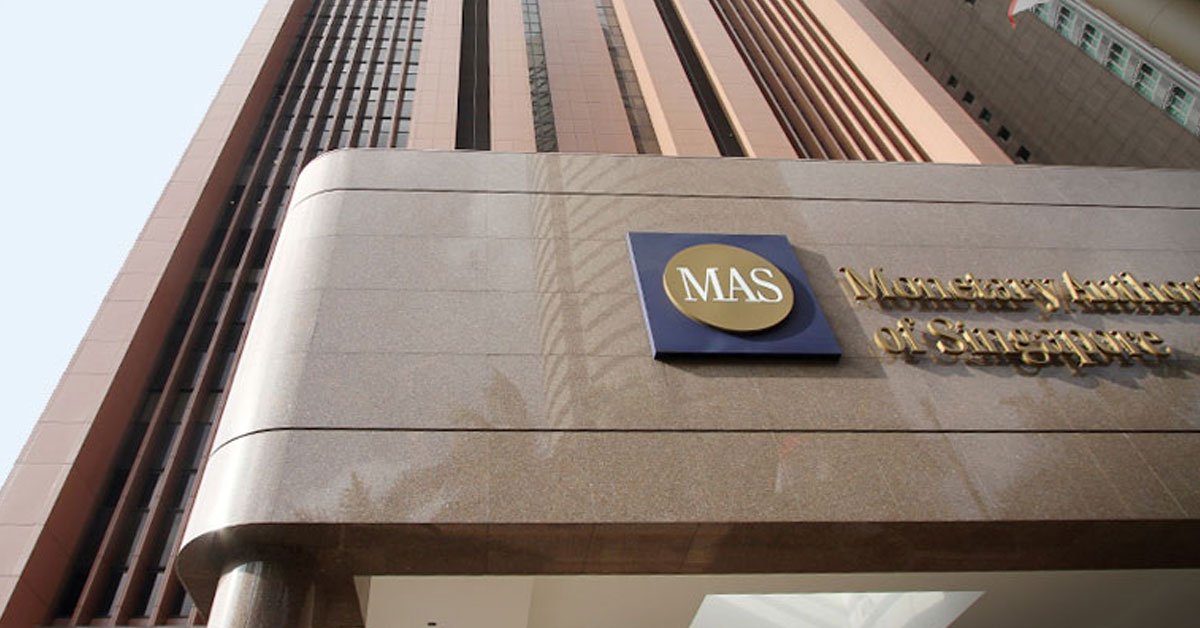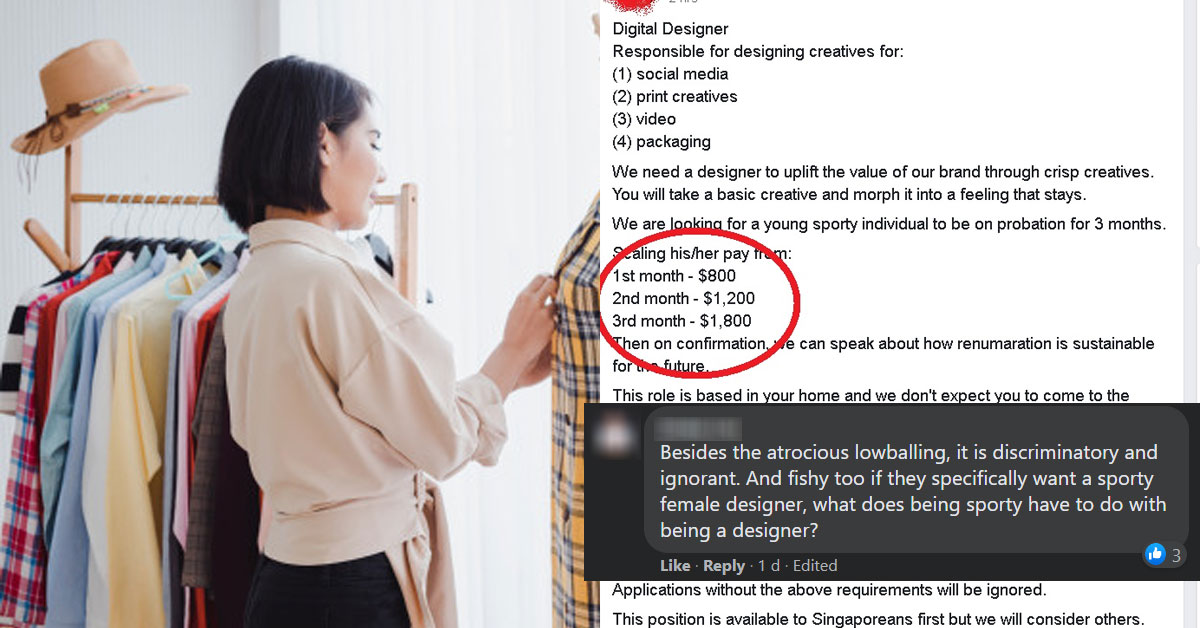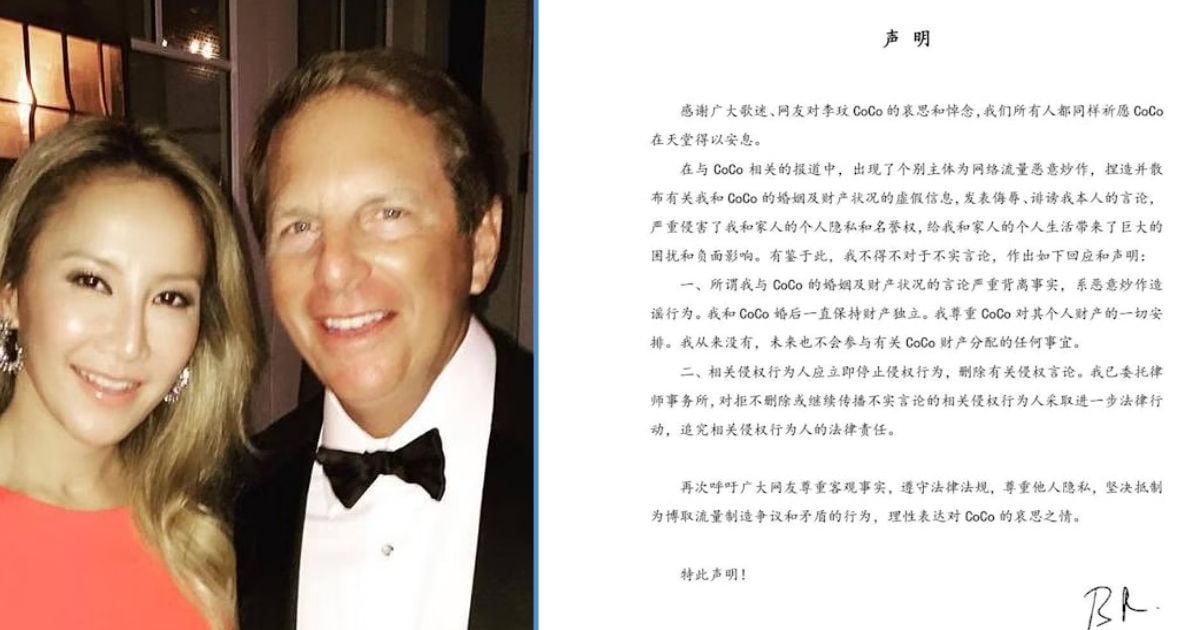So, you wake up today and see that Singapore’s central bank, the Monetary Authority of Singapore (MAS), is easing monetary policy due to the impact of COVID-19.
The pandemic “led to a severe contraction in economic activity both in Singapore and globally, due to the combination of supply chain disruptions, travel restrictions imposed in many countries and a sudden decline in demand.”
So MAS is “adopt a zero percent per annum rate of appreciation of the policy band starting at the prevailing level of the S$NEER.”
I know what you just did. You just tried to confirm that you’ve opened the Goody Feed app instead of The Straits Times app.
You’re on the goody app.
I know this sounds confusing because MAS, just like your professor, speaks an alien language.
So thankfully, we’re going to simplify everything for you so that you’d understand what the heck is monetary policy thingy.
And also realise soon after that hey: it doesn’t involve me.
Inflation: Something You Need to Know
Before anything, you need to know what inflation is.
Basically, inflation is the rate of how much the Singapore dollar is worth today and yesterday. For example, twenty years ago, a plate of chicken rice costs $1.50, and now it costs $3.00, so there’s an inflation of 100%.
Obviously, the lower the inflation, the better it is if you buy a lot of things overseas.
For example, if inflation remains at 0% since 20 years ago, our dollar would be stronger than the US dollar, and buying stuff from Amazon would be so much cheaper as you’re earning a stronger dollar here in Singapore.
So, simi is this monetary policy?
MAS Works Behind the Scene to Ensure Our Dollars Are Always Strong
If I were the Government, I’ll print a lot of money for myself every day. Come election season, I’ll print more money for everyone.
But there’s just one problem: do that and our dollar weakens like no tomorrow.
No wonder I’m not the Government.
But you get the gist: MAS is always working behind the scene to ensure that people like me won’t print money whenever I feel like it, and doing many other things to ensure that the Singapore dollars won’t turn into a Zimbabwean dollar:

And it’s not a passive job; they sometimes have to depreciate the currency (weaken the Singapore dollar) so that more overseas companies would buy products from us, which’ll improve our economy. But this is only done during an economic downturn because that’ll make our dollars weaker.
Easing Monetary Policy
In a monetary policy, which the MAS updates us every three months, they’ll agak agak give us a range of how our Singapore dollars should go: higher or lower.
In other words, whether our Singapore dollars need to be stronger or weaker, and what’s the range.
But while MAS is very powderful with a fancy name and big building, they can’t control how strong and weak a dollar is—market forces do.
Actually they can make it weak easily lah by printing more money but that’s not the point.
The point is, they set a boundary instead to ensure that the Singapore dollar doesn’t become too strong or too weak.
So what happens here is that our Singapore dollar is near the bottom of the boundary…and MAS won’t be changing the boundary.
Why, you ask.
You see, while it’ll make imports more expensive (i.e. buying things from overseas), it’ll make exports more attractive for overseas buyers, which’ll lead to “more sales”, and therefore more money into Singapore.
The goal now is to keep it at this level and wait. Let more money flow into Singapore even when the amount is lower.
Advertisements
But would it affect you?
Not really, unless you intend to buy a lot of things overseas.
Like what CIMB Private Banking economist Song Seng Wun said in an interview with The Straits Times, “For the average person on the street, the MAS policy shift should not have any immediate impact on their daily live.”
That is, unless you buy lots of oil from overseas companies to sell in Singapore lah.
So, in other words, this piece of news is irrelevant to you. But at least you learn something, eh?
Advertisements



